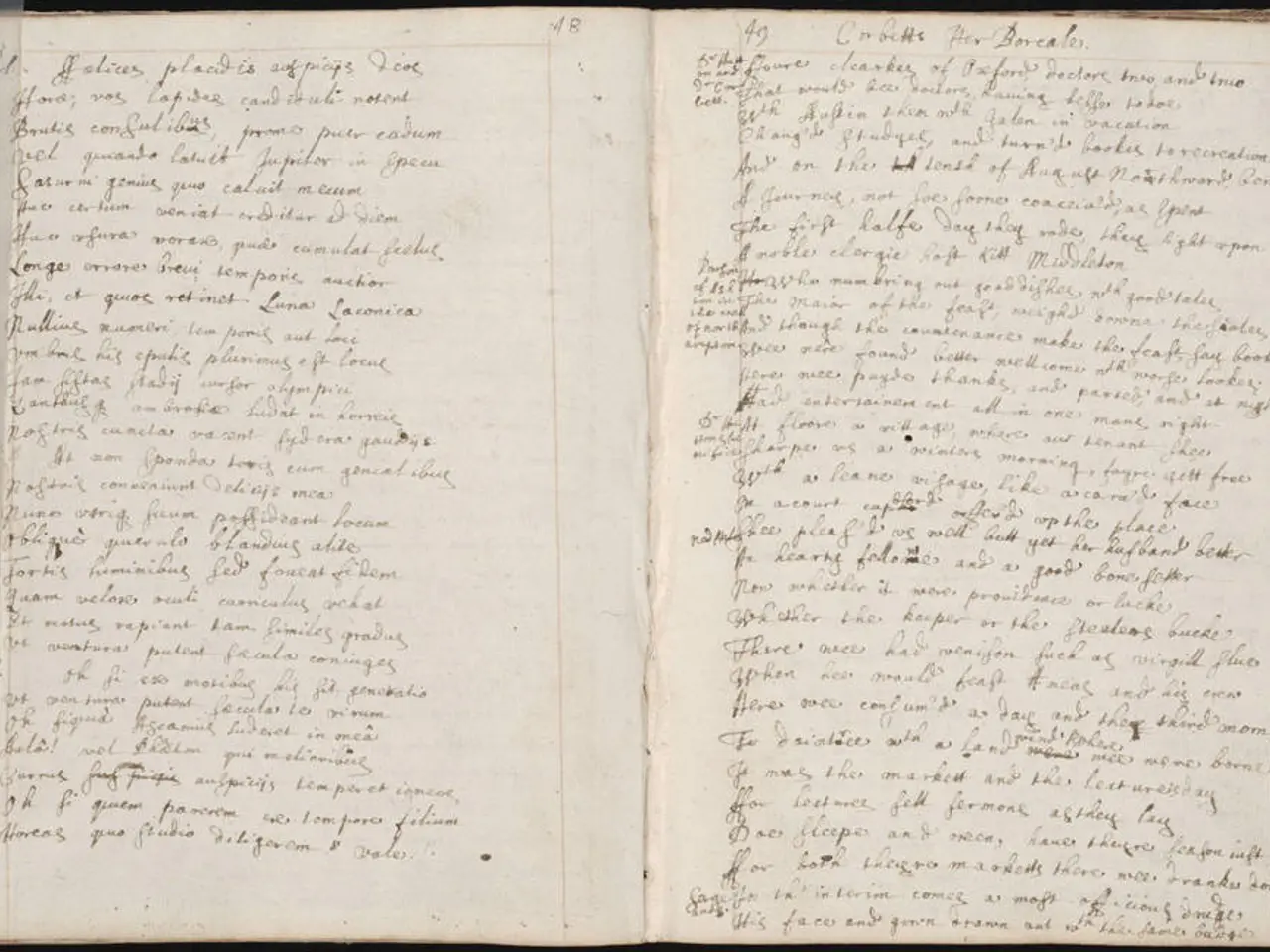European Union unveils eighteenth round of sanctions against Russia
The European Union (EU) has published its 18th sanctions package against Russia, introducing new measures to further cut Russia's revenues and weaken its war economy. The package, published on 19 July 2025, focuses on the energy, financial, and defence sectors.
Key changes and new measures include:
- Energy sector:
- New and expanded measures concerning transactions involving Russian oil and petroleum products to further restrict Russia's energy revenues.
- Introduction of a new transaction ban targeting specific Russian natural gas pipelines to limit gas exports and reduce energy income.
- Financial sector:
- Updates include the replacement of the existing SWIFT ban on Russia-related banks with enhanced financial restrictions intended to deepen the impact on Russia's banking system.
- Expanded asset freeze measures and individual sanctions targeting Russian entities and individuals linked to the war effort.
- Defence sector:
- Expanded export restrictions targeting goods contributing to Russia's military-industrial complex.
- Measures aimed at restricting financial and technological support to Russia's military capabilities.
Additional complementary measures include reinforcement of trade controls, expanded transaction bans, intensified anti-circumvention actions, and provisions responding to investor-state dispute settlements initiated outside the EU—all reflecting a more dynamic and extraterritorial sanctions approach.
The package came into effect on 19–20 July 2025 and is considered one of the EU's strongest sanctions rounds against Russia since the war began.
Other notable changes include:
- The EU has provided new protections regarding investor-to-state dispute settlement (ISDS) proceedings/claims related to certain EU sanctions against both Russia and Belarus.
- The EU has expanded the existing transaction bans in relation to third country financial and credit institutions and crypto-asset service providers that use Russia's SPFS system and/or provide services frustrating certain EU sanctions against Russia.
- The EU has extended restrictions on 104 additional vessels of Russia's so-called shadow fleet, bringing the total number of targeted vessels to more than 400.
- The EU has introduced a "catch-all" clause for authorization of exports of items listed in Annex VII to any third country if they are intended for Russia or for use in Russia.
- The new listings include various individuals or entities deemed to be involved in the transport of Russian crude oil or petroleum products, and the development, production, or supply of military and technology equipment supporting Russia's military and industrial complex.
- Certain derogations apply to the software export ban.
- The list now includes minerals such as molybdenum ore, chemical products such as fluorine, sulphur, and carbon, as well as compounds used in the production of consumer goods such as glycosides and sugars, and certain enzymes.
- The EU has designated eight new entities operating in the Belarusian military and defense sectors on the EU asset freeze list.
- The list of restricted items for the EU's export ban targeting items that could contribute to the enhancement of Russian industrial capacities has been expanded.
- The list now includes a range of restricted items used in the construction, transport, and energy sectors, including iron/steel structures, heat-exchange units, certain machinery, plant and laboratory equipment, and certain trailers, road tractors, and semi-trailers or parts thereof.
- The EU has introduced a ban targeting transactions in connection with the Nord Stream 1 and 2 pipelines, with exceptions for certain activities like settlements, judicial/arbitration proceedings, and regular maintenance services.
- The EU has expanded the existing transit bans targeting certain restricted industrial goods that must not transit through Russian territory when exported from the EU.
- The EU has introduced a mechanism to adjust the oil price cap every six months to ensure it remains 15% below the market price for Russian crude oil.
- The EU lowered the oil price cap from USD 60 to USD 47.60 per barrel, effective 3 September 2025, for Russia-related products exempt from the EU's maritime transport services ban.
- Under the existing EU export bans targeting items that might contribute to Belarus's industrial and military/technological enhancement, the lists of restricted items have been expanded, and more items are subject to Belarus transit restrictions.
- Starting on 21 January 2026, the EU will expand the existing import ban on Russian crude oil and petroleum products to include third country petroleum products obtained from Russian crude oil.
- The list now includes computer numerical control (CNC) machines and constituent chemicals for propellants.
- The EU has changed the existing SWIFT ban targeting listed Russia-related banks into a transaction ban, and targeted an additional 22 Russian banks under the new ban, effective 9 August 2025.
- The EU has introduced a derogation for Member States not directly connected to the EU's interconnected natural gas system to import restricted LNG for energy supply purposes.
- The EU has introduced a new ban on the export of software used for banking and financial services to Russia.
- The EU has designated 41 entities and 14 individuals in relation to Russia on the EU asset freeze list, effective from 19 July 2025.
- The EU has introduced a new transaction ban targeting the Russian Direct Investment Fund (RDIF) and certain linked companies. Four Russian companies considered to involve significant RDIF investments have been listed, but no service providers.
- The EU has introduced a "catch-all" clause allowing Member State authorities to require an authorization for export of certain restricted items to any third country.
- The existing SWIFT ban targeting listed Belarus-related banks has been changed into a transaction ban.
- In response to the EU's 18th sanctions package against Russia, an LLP specializing in litigation, regulatory, and legal services might provide advice to corporations about the new measures affecting the energy, financial, and defense sectors.
- The international legal practice of an associate could involve researching the expanded export restrictions targeting goods contributing to Russia's military-industrial complex.
- The political implications of the EU's sanctions on the general news are significant, as they focus on the energy, financial, and defense sectors, which are integral aspects of the corporate world.
- The policy-and-legislation department of a firm might work on compliance policies related to the antitrust implications of the updated asset freeze measures and individual sanctions targeting Russian entities and individuals.
- The EU's sanctions package includes a new transaction ban targeting specific Russian natural gas pipelines, which could have an impact on arbitration proceedings involving these pipelines.
- The EU's 18th sanctions package against Russia introduces a ban targeting transactions in connection with the Nord Stream 1 and 2 pipelines, which may impact legal partners working in the field of energy law.
- In light of the EU's expanded transaction bans, law firms offering services in the field of corporate law might advise clients on strategies to navigate the new restrictions on third country financial and credit institutions and crypto-asset service providers.
- The EU's sanctions package introduces provisions responding to investor-state dispute settlements initiated outside the EU, which may raise concerns about the potential extraterritorial effects on international business.
- As the EU continues to introduce new measures, law firms with a focus on policy-and-legislation may continue to monitor the policy changes and their implications for their clients in the industry services sector.








